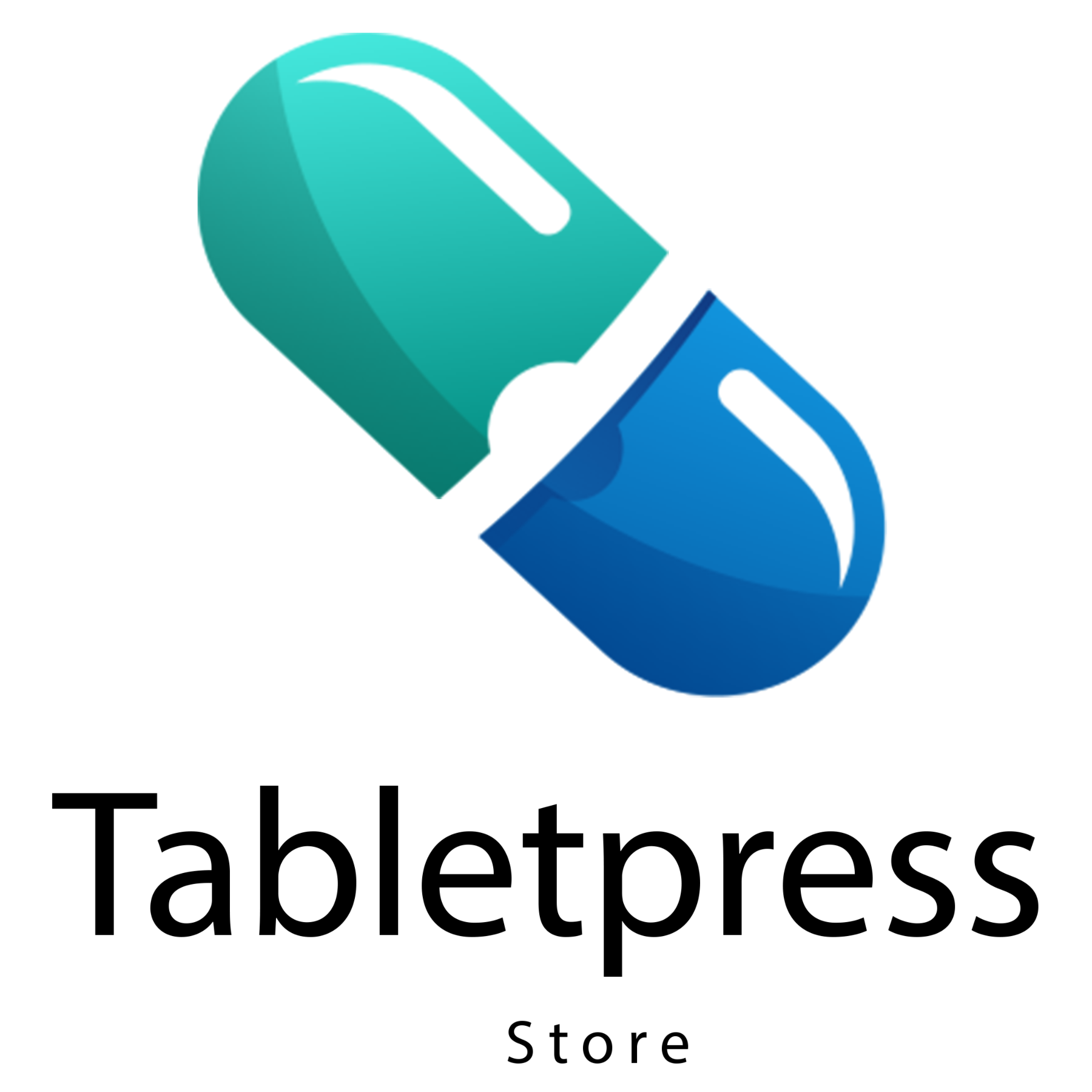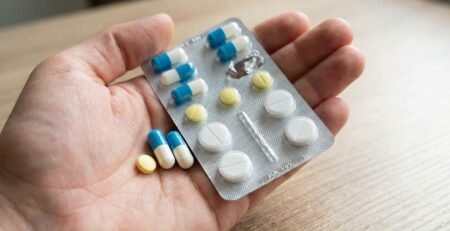Tablet manufacturing plays a central role in the modern pharmaceutical industry. The ability to produce high-quality, consistent, and safe tablets is crucial for drug efficacy. Tablet presses are the heart of the production process, as they transform powdered raw materials into precisely shaped, solid tablets. Given the wide variety of machines available, it is essential for pharmaceutical laboratories to know which equipment is right for them, ensuring both reliability and efficiency.
One of the most important characteristics that distinguishes a tablet press is its versatility. Modern machines must be able to process different tablet sizes, shapes, and degrees of hardness. Flexibility is crucial, especially for laboratories involved in research and development. Sophisticated devices offer programmable parameters that allow precise control over tablet weight, hardness, and thickness. This is particularly important in clinical trials, where dosing consistency can directly impact the results.
Besides versatility, production capacity is another crucial criterion. Laboratories specializing in the production of smaller batches benefit from machines that offer quick changeover times and easy cleaning. This reduces the time required between different production runs and minimizes the risk of contamination. For larger production runs, on the other hand, presses with higher speeds and continuous powder feed are advantageous, as they ensure consistent and efficient tablet production.
Technological innovations also have a significant impact on the efficiency of tablet presses. Modern machines are often equipped with sensors and automated control systems that monitor the entire production process. These systems enable the early detection of deviations in tablet quality, thereby minimizing rejects and increasing production reliability. Additionally, advanced press tools ensure that the load is distributed evenly across the machine components, extending the service life of the equipment and reducing maintenance requirements.
For laboratories that prioritize research and experimentation, the ability to customize tablet shape is also of great importance. The capacity to implement different embossing, logos, or break lines not only offers aesthetic advantages but also facilitates precise dosing and batch identification. This is particularly important in clinical trials or during the development of new drugs.
Another key aspect is the ease of use of the machines. Modern tablet presses are characterized by intuitive user interfaces and easily accessible maintenance points. This not only reduces training time for laboratory staff but also minimizes the likelihood of human error during the production process.
In conclusion, selecting the right tablet press for a pharmaceutical laboratory requires careful consideration of factors such as versatility, production capacity, technological features, and ease of use. Investing in high-quality machines not only ensures consistently high product quality but also supports the laboratory's efficiency and innovative capacity. In an industry where precision and safety are paramount, the right tablet press can make all the difference and form the basis for successful research and production.





